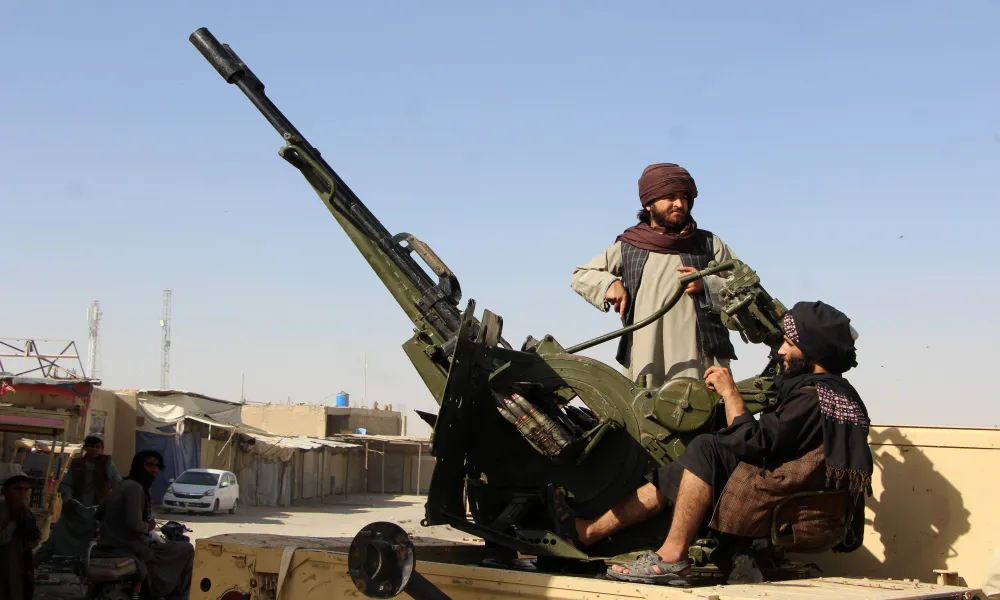Pakistan and Afghanistan have agreed to a temporary ceasefire, Islamabad announced on Wednesday, following deadly airstrikes and ground clashes that sharply escalated tensions between the South Asian neighbours and left at least 12 civilians dead.
The border skirmishes, which took place earlier in the day along disputed sections of the frontier, rattled an already fragile peace after weekend fighting that resulted in dozens of casualties, marking the worst violence between the two Muslim-majority countries since the Taliban regained control of Kabul in 2021.
'Complex but solvable issue'
According to a statement from Pakistan’s Ministry of Foreign Affairs, the two sides agreed to a 48-hour ceasefire, starting from 4:00 PM Cyprus time today. The agreement came after what Pakistan described as a mutual recognition of the need for dialogue to resolve what it called a "complex but solvable" issue.
"During this period, both sides will make sincere efforts, through constructive dialogue, to find a positive way forward on this matter," the statement noted, adding that the ceasefire was agreed upon at the request of the Taliban-led Afghan government.
In contrast, Zabihullah Mujahid, spokesman for the Taliban administration, said the ceasefire was reached “at the request and insistence of the Pakistani side.”
Kabul has instructed its forces to honour the ceasefire provided there is no aggression from the other side, the Taliban said in a separate statement.
From allies to adversaries
Tensions between the two former allies have escalated sharply in recent months. Pakistan has accused the Afghan Taliban of sheltering militants who are launching increasingly frequent attacks on Pakistani soil from within Afghanistan.
The Taliban have rejected the allegations, instead accusing the Pakistani military of conspiring against Afghanistanby spreading disinformation, stoking border tensions, and allegedly harbouring fighters linked to the so-called Islamic State (IS) group in a bid to destabilise the country and challenge its sovereignty.
Islamabad has denied these accusations, pointing to attacks on its territory claimed by Islamic State Khorasan Province (ISKP), a regional IS affiliate active in both countries.
While both sides have expressed a desire to prevent further escalation, the underlying security concerns remain unresolved. Pakistan is under increasing domestic pressure to rein in cross-border militancy, while the Taliban seek to assert their legitimacy and defend Afghan sovereignty in the face of regional instability.
